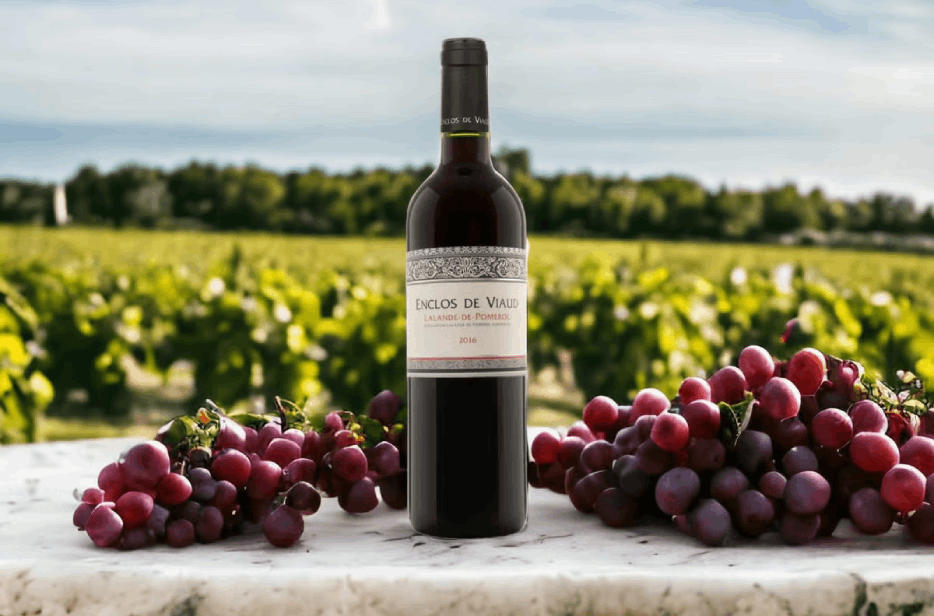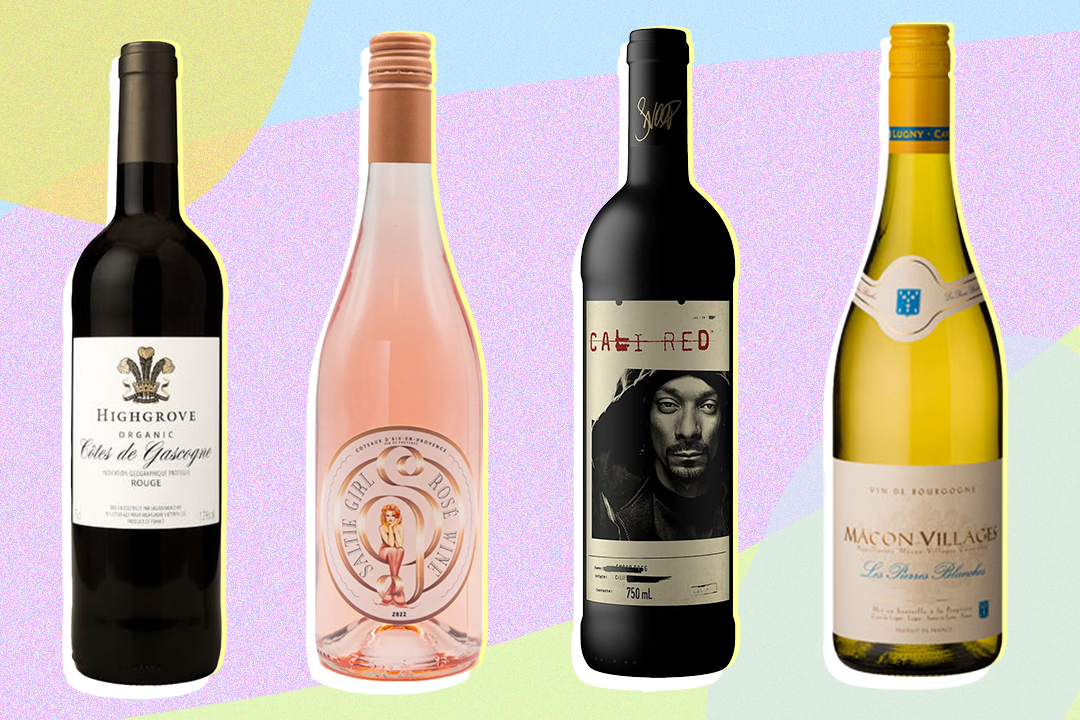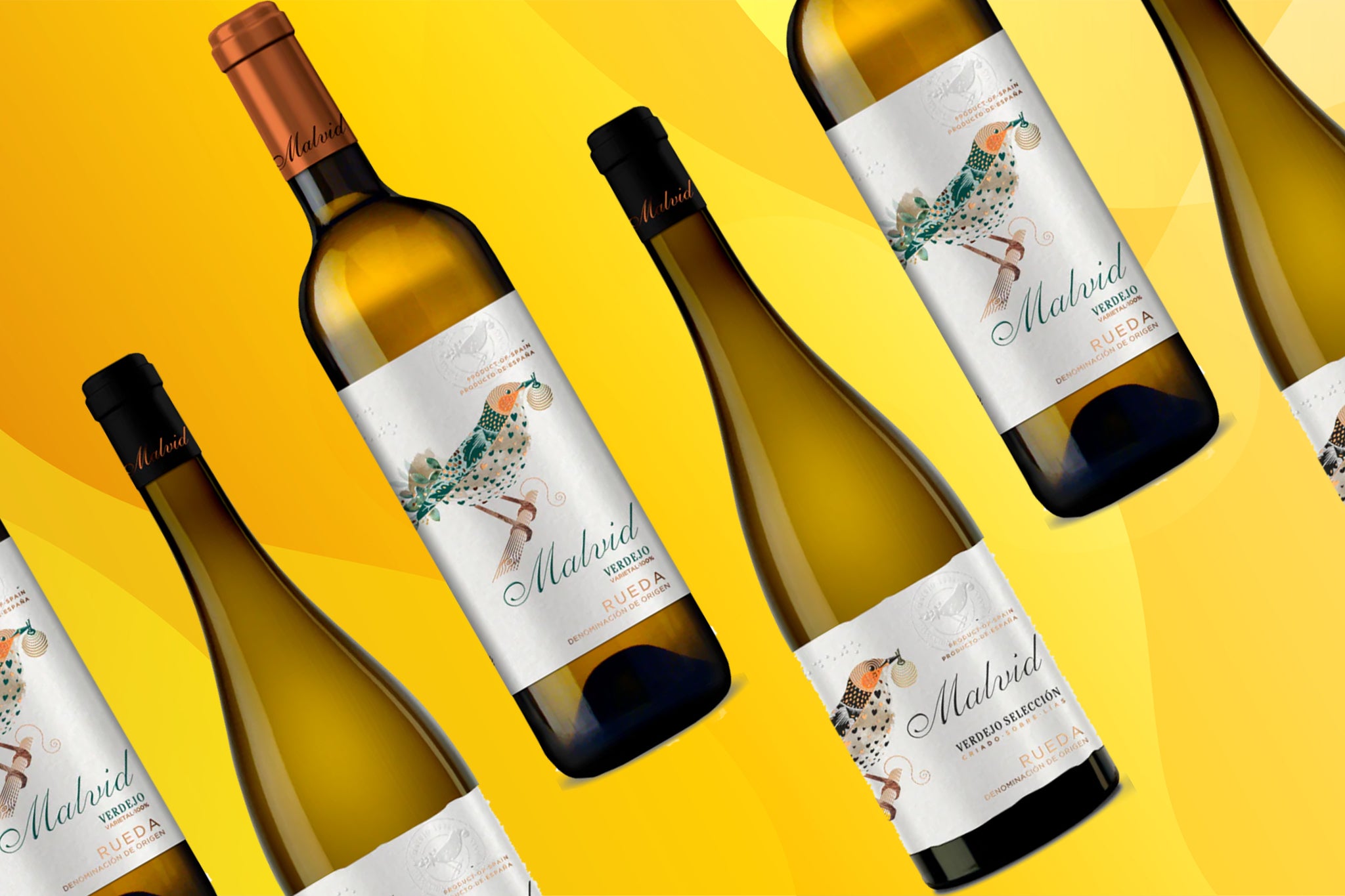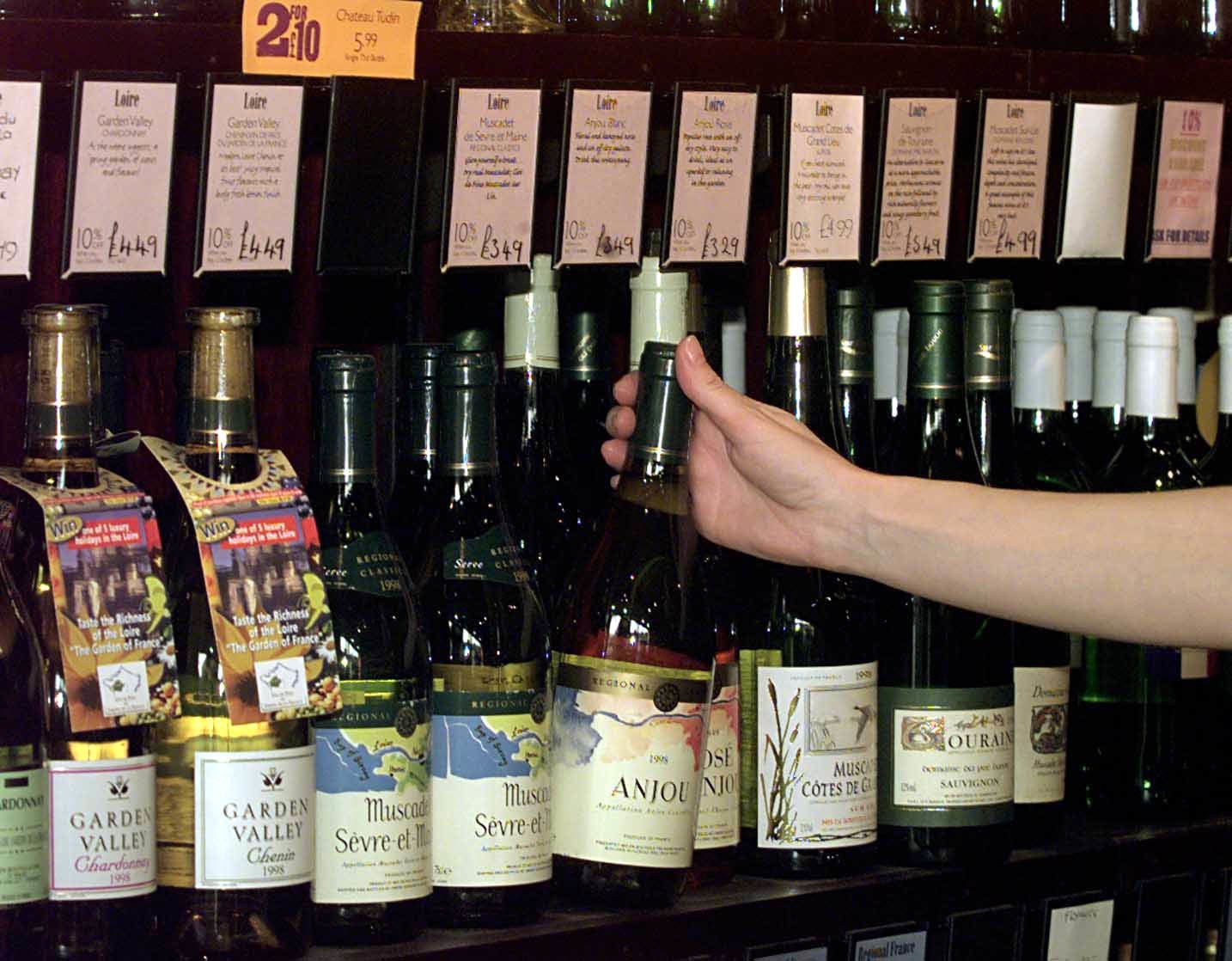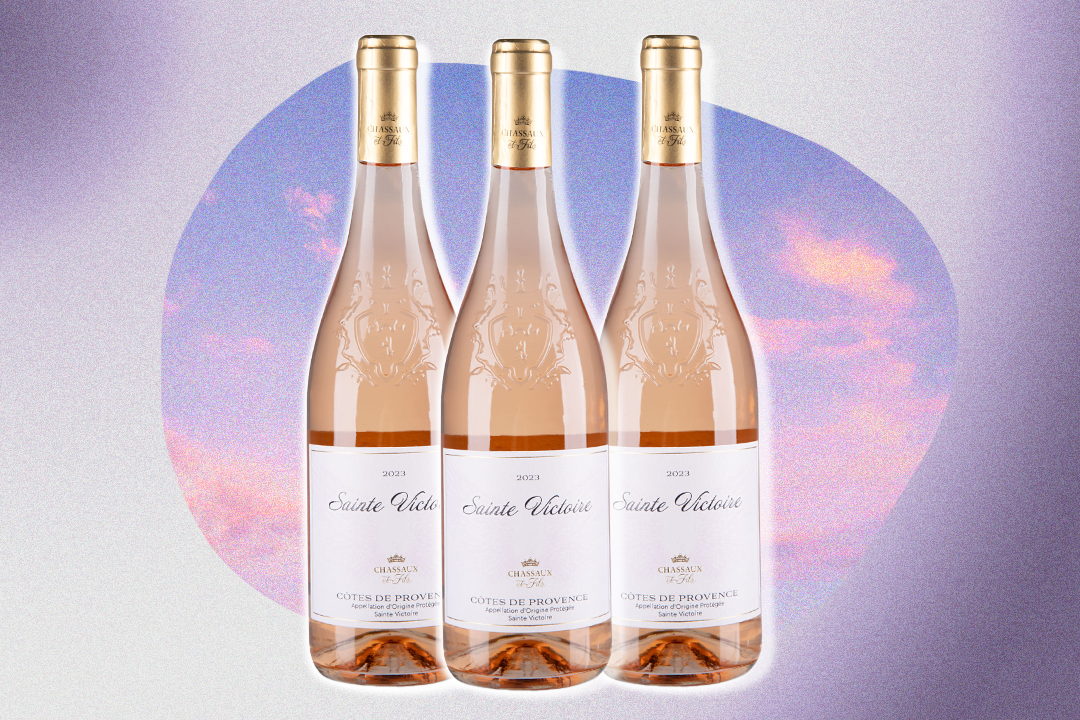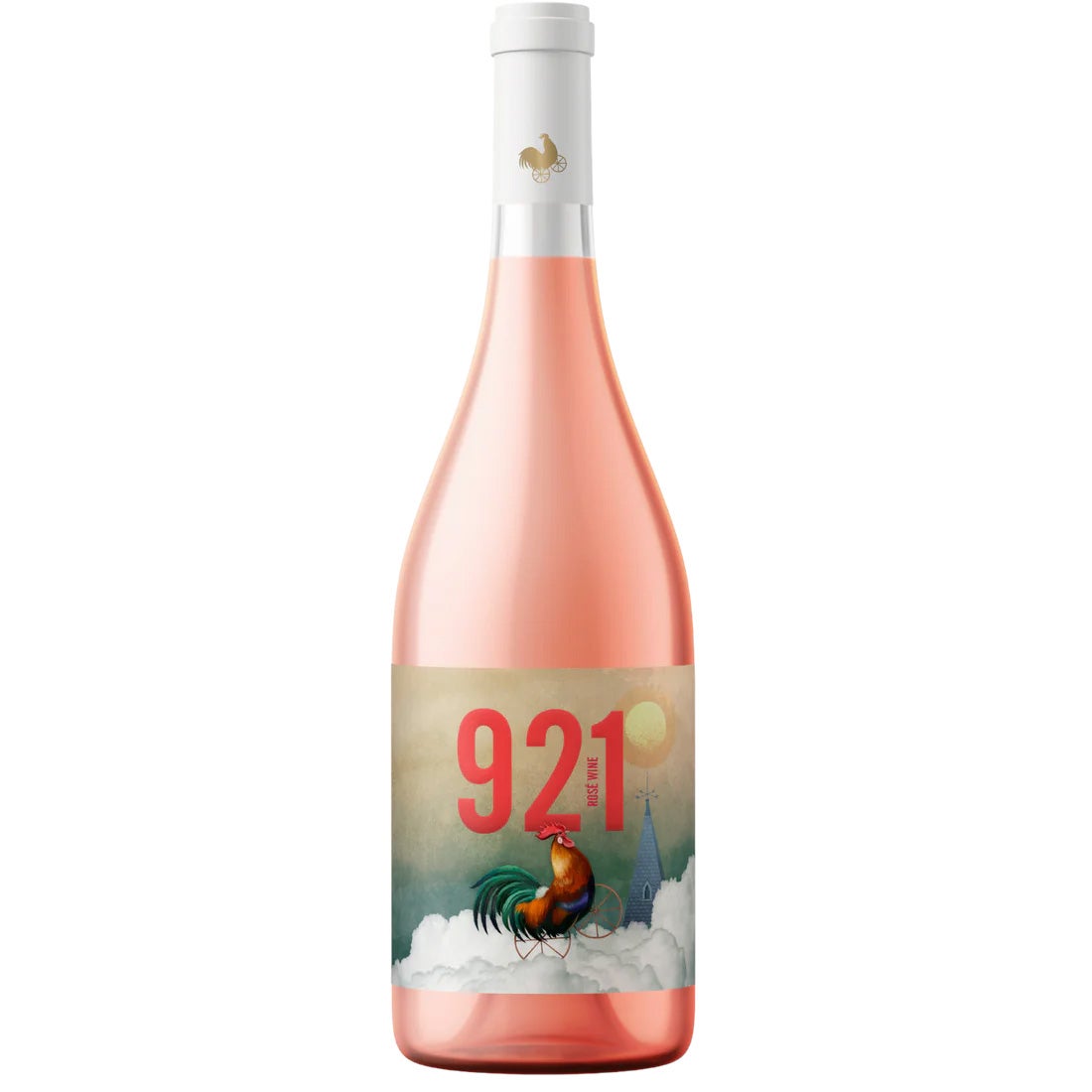
The Independent's journalism is supported by our readers. When you purchase through links on our site, we may earn commission. Why trust us?
Five myths about rosé wine debunked – and 15% off five bottles to try now
From its versatile flavours to its sophisticated appeal, explore why rosé is much more than just a summer sipper. Plus, dive into our roundup of five exceptional rosés – with an exclusive 15% discount – that will elevate your wine collection and dining experiences
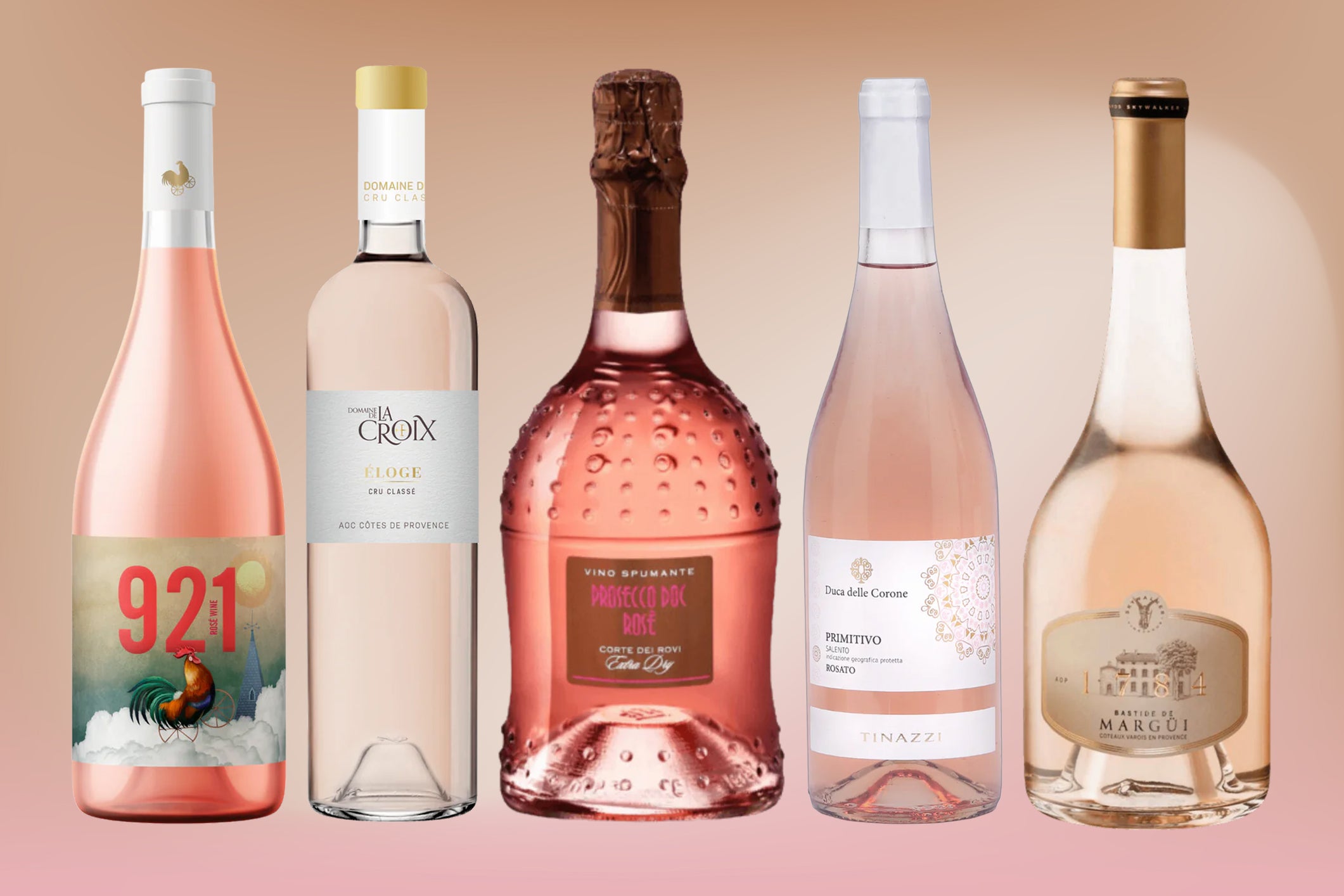
 Best casual gatherings and summer picnicsChâteau du Gourdon 921 Le Coq Rosé Côtes du Rhône 2023Read review£12
Best casual gatherings and summer picnicsChâteau du Gourdon 921 Le Coq Rosé Côtes du Rhône 2023Read review£12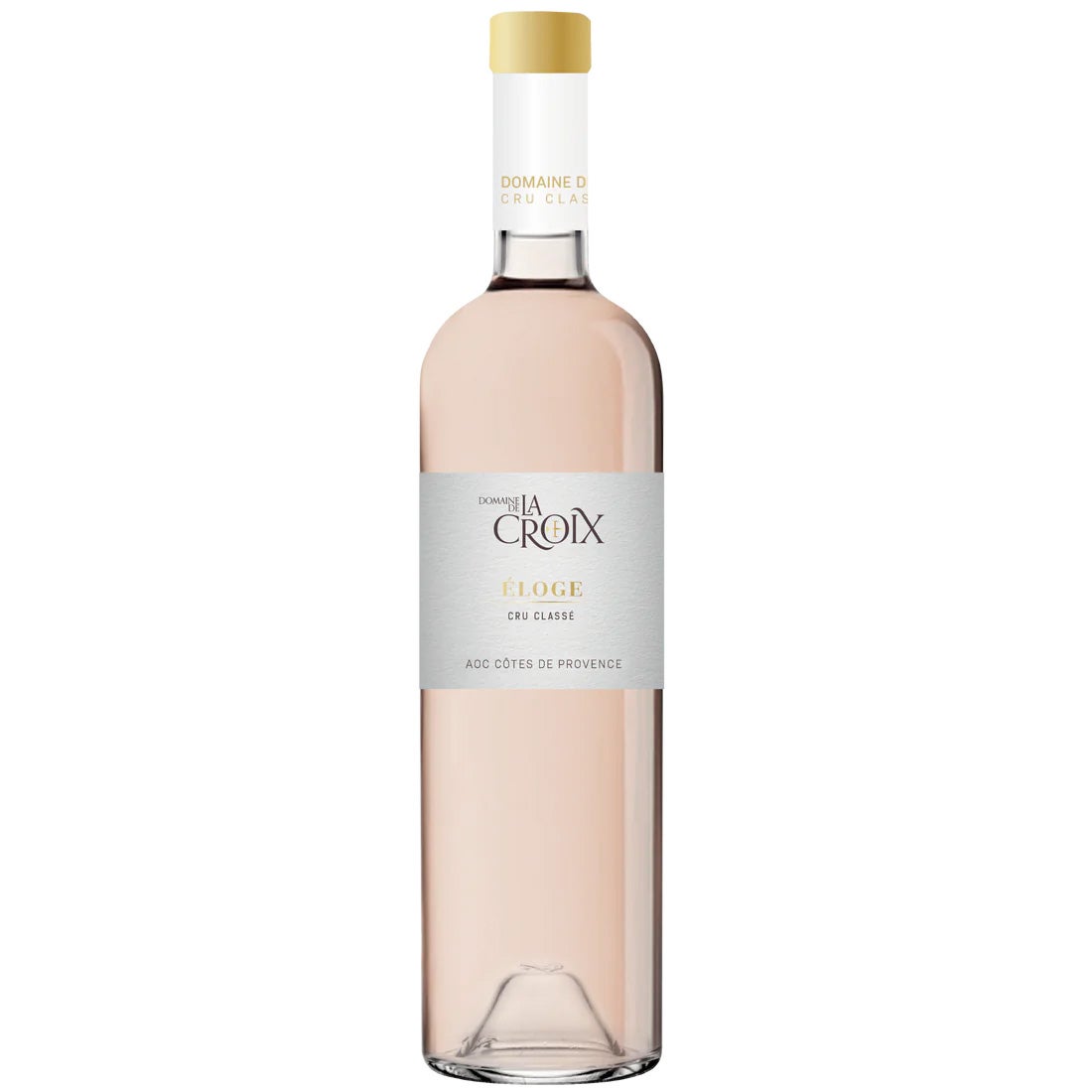 Best sophisticated meals and seafood pairingsDomaine de la Croix Cuvee Éloge Cotes de Provence Cru Classe Rose 2023Read review£19
Best sophisticated meals and seafood pairingsDomaine de la Croix Cuvee Éloge Cotes de Provence Cru Classe Rose 2023Read review£19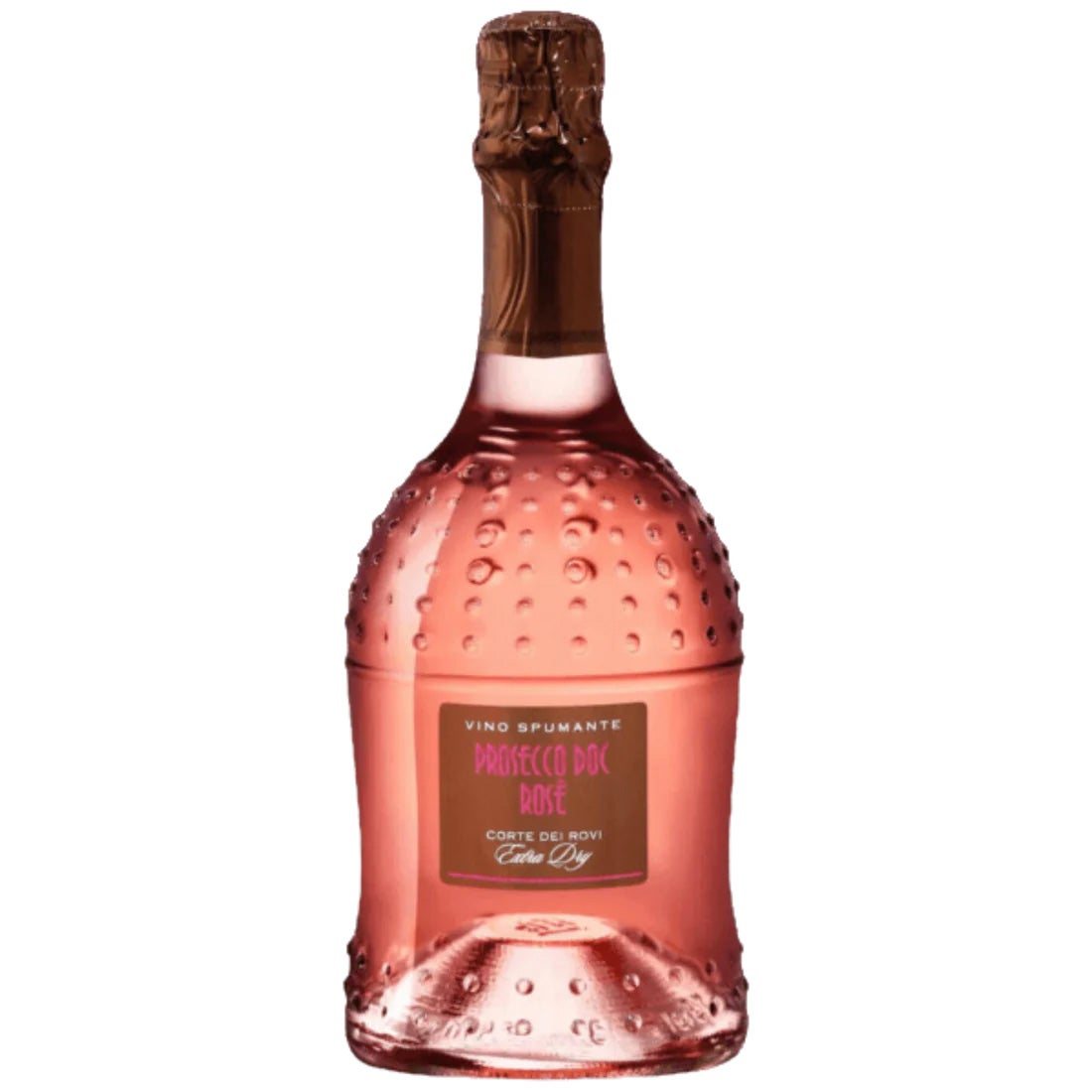 Best celebrations and festive occasionsVilla Degli Olmi’s Corte dei Rovi Prosecco Rosé Extra Dry NVRead review£14
Best celebrations and festive occasionsVilla Degli Olmi’s Corte dei Rovi Prosecco Rosé Extra Dry NVRead review£14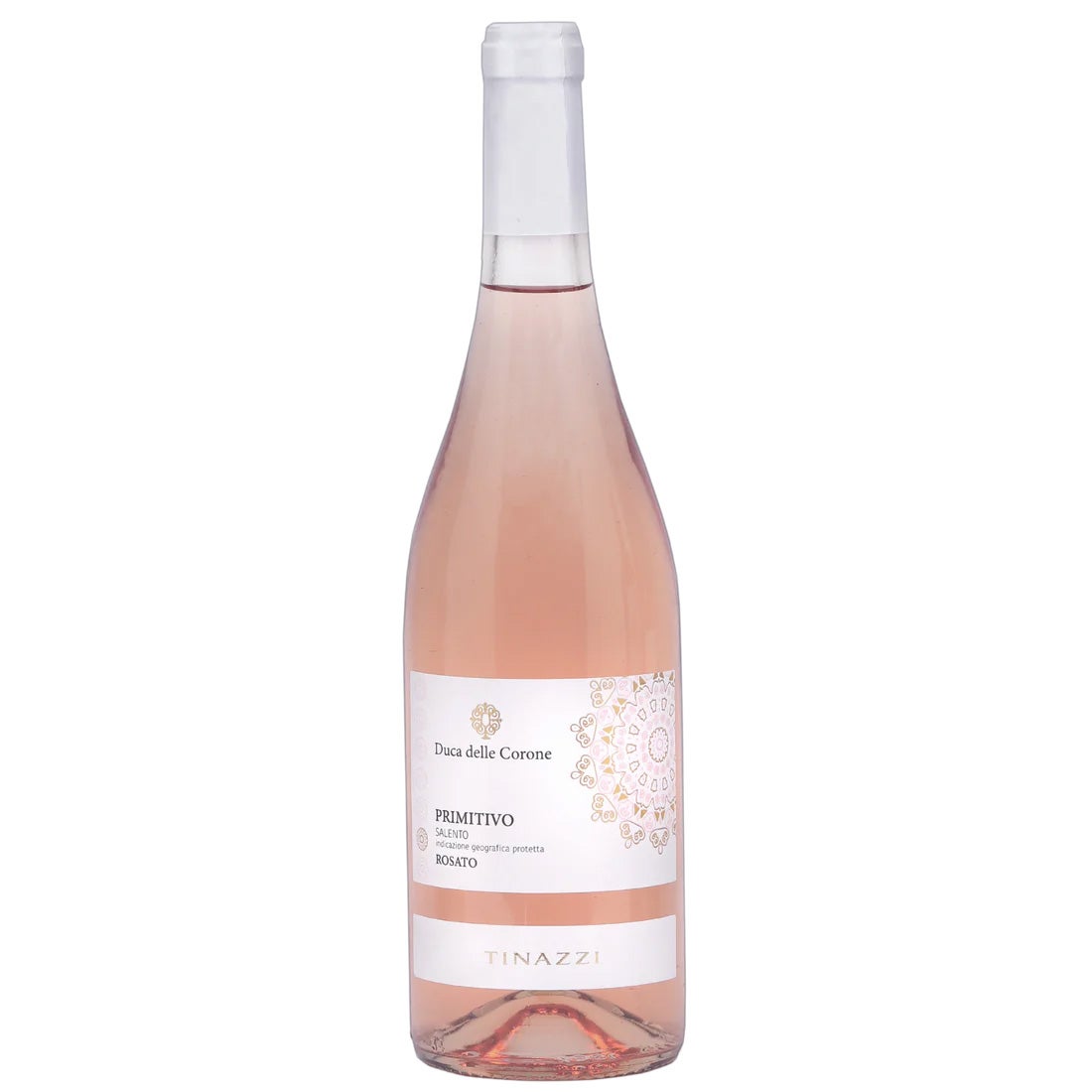 Best hearty meals and sophisticated dinner partiesDuca delle Corone Primitivo Salento Rosato 2023Read review£12
Best hearty meals and sophisticated dinner partiesDuca delle Corone Primitivo Salento Rosato 2023Read review£12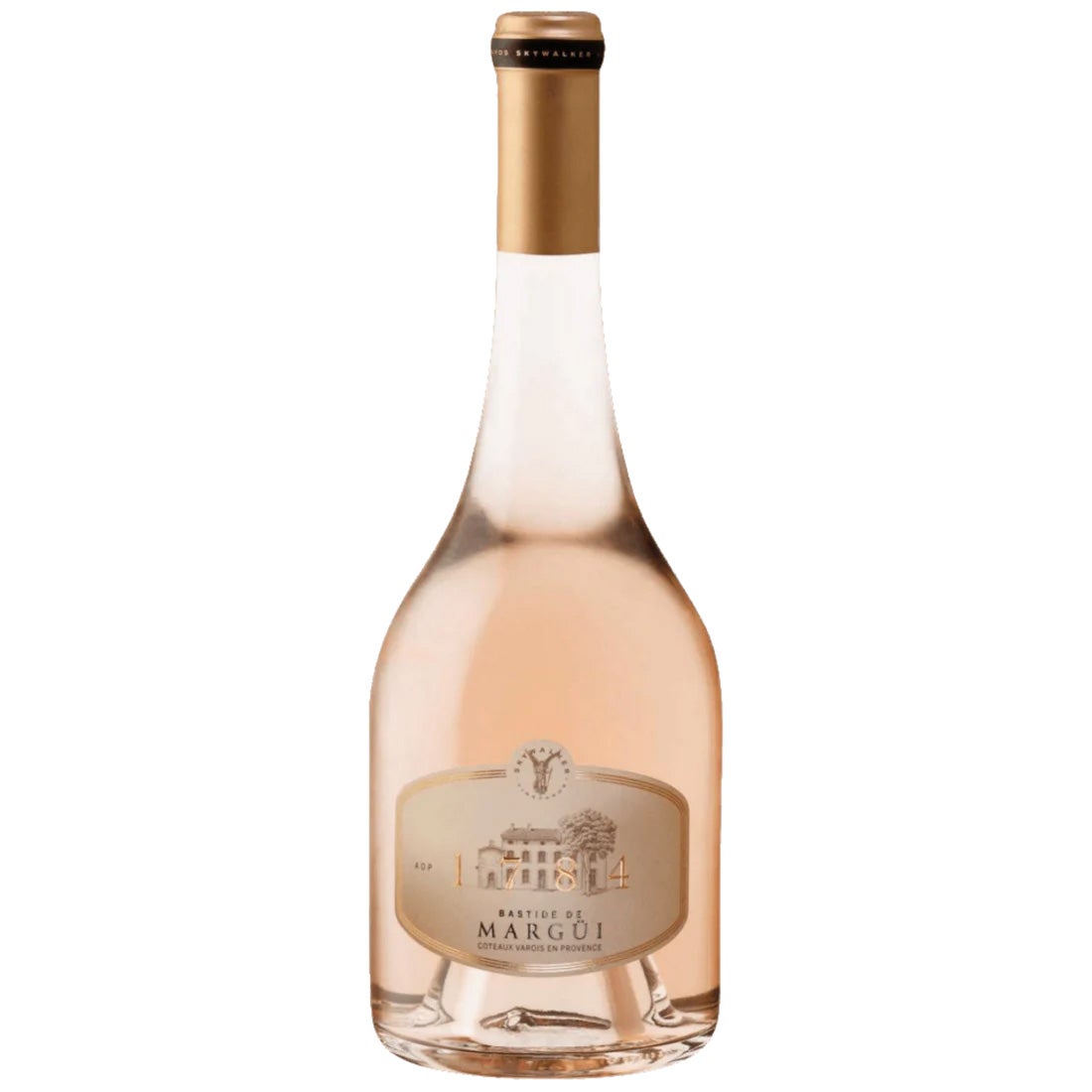
Rosé wine has experienced a significant surge in popularity over the past few years, becoming a staple on wine lists and in home collections alike.
Despite its widespread appeal, rosé is often misunderstood, surrounded by myths that can mislead both novice and experienced wine enthusiasts.
In this article, we’ll debunk five common myths about rosé wine and offer a roundup of five exquisite rosé selections from The Independent’s wine partner Perfect Cellar to elevate your wine-drinking experience.
Myth 1: rosé is just a blend of red and white wine
One of the most pervasive myths about rosé is that it’s simply a mix of red and white wine. While this method, known as blending, is sometimes used (primarily for producing certain sparkling rosés), it is not the traditional way to make rosé.
The majority of rosé wines are made through a process called maceration, where red grape skins are briefly left in contact with the juice. This short maceration period, which typically lasts from a few hours to a couple of days, imparts the wine’s signature pink hue and subtle flavors.
The belief that rosé is just a lazy blend of red and white undermines the care and craftsmanship involved in its production.
Myth 2: rosé is only a summer wine
Rosé has become synonymous with summer, often enjoyed chilled by the pool or at picnics. However, the idea that rosé is only suited for summer is a limiting myth.
Rosé wines come in a variety of styles, from light and crisp to full-bodied and complex, making them suitable for year-round enjoyment. A robust rosé can pair beautifully with hearty winter dishes like roasted poultry or creamy pasta, while a lighter rosé might complement springtime salads or seafood.
The versatility of rosé makes it a great choice for any season.
Myth 3: rosé is always sweet
Many people associate rosé with sweetness, perhaps because some of the most famous rosés, like White Zinfandel, are on the sweeter side. However, rosé wines range widely in flavour, from bone dry to sweet.
The sweetness of a rosé depends on the grape varieties used and the winemaking process. French rosés from Provence, for instance, are typically dry with notes of red fruit, citrus and herbs.
Understanding that rosé can be dry or sweet opens up a world of possibilities for pairing and enjoying this diverse wine.
Myth 4: rosé is low-quality wine
Rosé often gets an undeserved reputation as a "cheap" or "low-quality" wine, perhaps due to its relatively recent surge in popularity and the abundance of inexpensive bottles on the market.
However, many rosés are crafted with the same level of care and expertise as fine red or white wines. Regions like Provence in France and Navarra in Spain are renowned for producing high-quality rosé wines that can rival some of the best reds and whites in complexity and elegance.
It’s important not to judge a rosé solely by its price or popularity but to explore the many excellent options available.
Myth 5: rosé is a feminine wine
The notion that rosé is a "feminine" wine, preferred mainly by women, is a stereotype that deserves to be dispelled. This gendered perception of rosé is outdated and ignores the broad appeal of the wine.
Rosé’s appeal lies in its versatility and variety, making it a favourite for all wine lovers, regardless of gender. Many sommeliers and wine critics, regardless of gender, praise rosé for its unique ability to pair with a wide range of foods and its refreshing qualities.
In debunking these myths, it’s essential to highlight some outstanding rosés that exemplify the diversity and quality within this category. Château du Gourdon 921 Coq Rosé offers a vibrant expression of strawberry and watermelon with a crisp, refreshing acidity, making it a versatile choice for any occasion.
De la Croix Éloge Rosé, with its delicate floral aromas and clean, mineral finish, is a prime example of the elegance that Provençal rosés can achieve. If you’re seeking something with a touch of sparkle, Villa Degli Olmi Corte dei Rovi Prosecco Rosé Extra Dry combines lively bubbles with notes of red berries and a creamy texture, perfect for an aperitif or a celebratory toast.
For a richer, more complex rosé, Duca delle Corone Primitivo Salento Rosato 2023 captivates with its lush fruit flavours and a savoury edge that reflects its Puglian roots.
Finally, Bastide de Margui 1784 Rosé 2023 stands out with its blend of ripe tropical fruits, subtle spices and a hint of vanilla, all balanced by a refreshing acidity – showcasing the potential for rosé to be both luxurious and nuanced.
Each of these wines not only dispels the common misconceptions about rosé but also offers a unique drinking experience that proves why this style of wine has earned its rightful place in the spotlight.
Château du Gourdon 921 Le Coq Rosé Côtes du Rhône 2023

- Best: Casual gatherings and summer picnics
- Country: France
- Region: Rhône Valley
- Grape: Grenache
- ABV: 12.5%
- Why we love it
- Vibrant flavour profile
- Refreshing acidity
- Versatility
- Balanced sweetness
- Approachable
Gourdon 921 Coq Rosé is the sort of rosé that makes you reconsider everything you thought you knew about pink wine. It pours into the glass with a pale, delicate blush, the colour of a summer sunset. The nose is immediately inviting, offering an enticing bouquet of fresh strawberries, ripe watermelon and just a hint of rose petals – a fragrant promise of the pleasures to come.
On the palate, this rosé delivers exactly what it promises and more. It’s vibrant and crisp, with a refreshing acidity that dances across the tongue. The fruit flavours are beautifully balanced – nothing too sweet or cloying here – just pure, clean notes of wild berries and a whisper of citrus. There’s a subtle minerality that underpins the whole experience, grounding the wine and giving it a sophistication that’s often missing in lighter rosés.
What sets Gourdon 921 Coq Rose apart, however, is its surprising depth. There’s a complexity to this wine that reveals itself with each sip – layers of delicate florals and a touch of herbaceousness that linger on the finish. It’s the kind of rosé that can be savoured slowly, enjoyed on its own or paired with a variety of dishes, from a fresh seafood salad to a creamy goat cheese tart.
Domaine de la Croix Cuvee Éloge Cotes de Provence Cru Classe Rose 2023

- Best: Sophisticated meals and seafood pairings
- Country: France
- Region: Provence
- Grape: Grenache
- ABV: 13.5%
- Why we love it
- Elegant floral aromas
- Provencal heritage
- Crisp finish
- Versatile food pairing
- Light body
The Domaine de la Croix Cuvee Eloge 2023 is a rosé that embodies the essence of Provence with every sip. The wine’s strikingly pale pink hue hints at its delicate nature, but don’t be fooled – there’s a complexity here that demands attention. On the nose, it’s a symphony of fresh red fruits, with wild strawberries and raspberries taking centre stage, supported by the gentle fragrance of vineyard peaches. This aromatic profile is as inviting as a warm Provençal breeze.
When it hits the palate, Cuvee Eloge reveals its true character. It’s round and generously textured, a testament to its well-crafted blend of Grenache, Cinsault, Mourvèdre and Syrah. The wine’s body is both lush and lively, with a beautiful balance that keeps the fruit flavours vibrant without overwhelming the senses. There’s a slight savoury note on the finish – a subtle nod to the wine’s maritime origins – that adds an unexpected layer of complexity.
What makes this rosé truly stand out, though, is its reflection of its terroir. The sandy-shale soils and the vineyard’s proximity to the sea are palpable in every glass, imbuing the wine with a mineral elegance that lingers long after the last sip. A stunning example of why this region’s rosés are revered worldwide.
Villa Degli Olmi’s Corte dei Rovi Prosecco Rosé Extra Dry NV

- Best: Celebrations and festive occasions
- Country: Italy
- Region: Veneto
- Grape: Glera
- ABV: 11%
- Why we love it
- Lively bubbles
- Delicate red fruit flavours
- Creamy texture
- Versatility
- Balanced sweetness
Villa Degli Olmi’s Corte dei Rovi Prosecco Rosé Extra Dry NV is a sparkling wine that combines Italian charm with a touch of modern elegance. In the glass, it presents a lovely soft pink hue, catching the light with its delicate bubbles that rise like tiny, persistent beads. The nose is immediately inviting, offering a bouquet of summer red fruits – think strawberries and raspberries – tinged with a subtle floral note that adds a layer of sophistication.
On the palate, this Prosecco Rosé is a delightful balance of fruitiness and freshness. The red fruit flavours are vibrant yet restrained, delivering just the right amount of sweetness to keep things interesting without tipping into saccharine territory. What truly sets this wine apart, however, is its texture. The bubbles are fine and creamy, creating a velvety mouthfeel that enhances the wine’s overall savoriness. The finish is clean and slightly savoury, with a whisper of almond that lingers pleasantly.
This wine shines as an aperitif, its effervescence making it a perfect companion for those first bites of antipasti. Yet, its versatility means it can effortlessly transition through a meal, pairing well with light dishes like risottos, seafood, or even a delicate chicken dish.
Duca delle Corone Primitivo Salento Rosato 2023

- Best: Hearty meals and sophisticated dinner parties
- Country: Italy
- Region: Puglia
- Grape: Primitivo
- ABV: 12.5%
- Why we love it
- Rich flavour profile
- Provencal style
- Complexity
- High quality
- Food friendly
Duca delle Corone Primitivo Salento Rosato 2023 is a wine that masterfully blends the rustic charm of Puglia with the elegance of Provencal winemaking. This 100 per cent Primitivo rosé is an absolute stunner, pouring into the glass with a delicate, pale pink hue that immediately catches the eye – a visual prelude to the wine’s understated complexity.
On the nose, Duca delle Corone is an aromatic bouquet of red berries, with ripe strawberries and raspberries leading the charge, followed closely by subtle floral notes – think rose petals, with a hint of Mediterranean herbs wafting in the background. The fragrance alone is enough to transport you to the sun-drenched vineyards of southern Italy.
But it’s on the palate where this rosé truly shines. Fresh, vibrant and remarkably well-balanced, it offers an enticing mix of fruit-forward flavours without overwhelming the senses. The red berry notes are crisp and clean, supported by a whisper of acidity that gives the wine its refreshing character. There’s a finesse to this rosé, a delicacy that lingers on the palate with a persistent finish that speaks to the quality of the Primitivo grapes and the skillful winemaking.
What makes Duca delle Corone stand out is its versatility. It’s as delightful on its own as it is paired with a variety of dishes, from light salads to grilled seafood. Luca Maroni’s 95-point rating is well-deserved; this is a rosé that beautifully captures the essence of Puglia while nodding to the sophistication of Provence.
Bastide de Margui 1784 Rosé 2023

- Best: Luxurious dining and special occasions
- Country: France
- Region: Provence
- Grape: Grenache
- ABV: 13%
- Why we love it
- Luxurious aromas
- Subtle spices
- Balanced palate
- Refined texture
- Historical significance
Bastide de Margui 1784 Rosé 2023 is a wine steeped in history yet bursting with modern elegance. Hailing from a vineyard with roots tracing back to Roman times, this rosé is a testament to the meticulous craftsmanship that has been honed over centuries and refined in its recent incarnation under the Skywalker Vineyards collection.
Pouring a delicate blush pink, the Bastide de Margui 1784 immediately captivates with its enchanting bouquet. The aromas are a vibrant medley of sun-kissed nectarine, juicy peach and tropical mango, all interwoven with the subtle allure of wild strawberries. But it’s the hint of oriental spices that elevates the nose, adding a layer of intrigue and complexity that beckons further exploration.
On the palate, this rosé is a revelation. The ripe fruit flavours – nectarine and mango – are lush and expressive, balanced beautifully by a gentle hint of vanilla that suggests a deft touch of oak ageing. The wine’s texture is supple, with a roundness that is offset by a refreshing streak of acidity, ensuring that it never becomes cloying. There’s also a slight bitter zest on the finish, reminiscent of orange peel, which adds depth and keeps the palate engaged.
The use of both French oak barrels and stainless steel in the fermentation process gives this rosé a remarkable balance between richness and freshness. It’s a wine that manages to be both luxurious and vibrant, making it an ideal companion for everything from a leisurely lunch to a sophisticated dinner.

